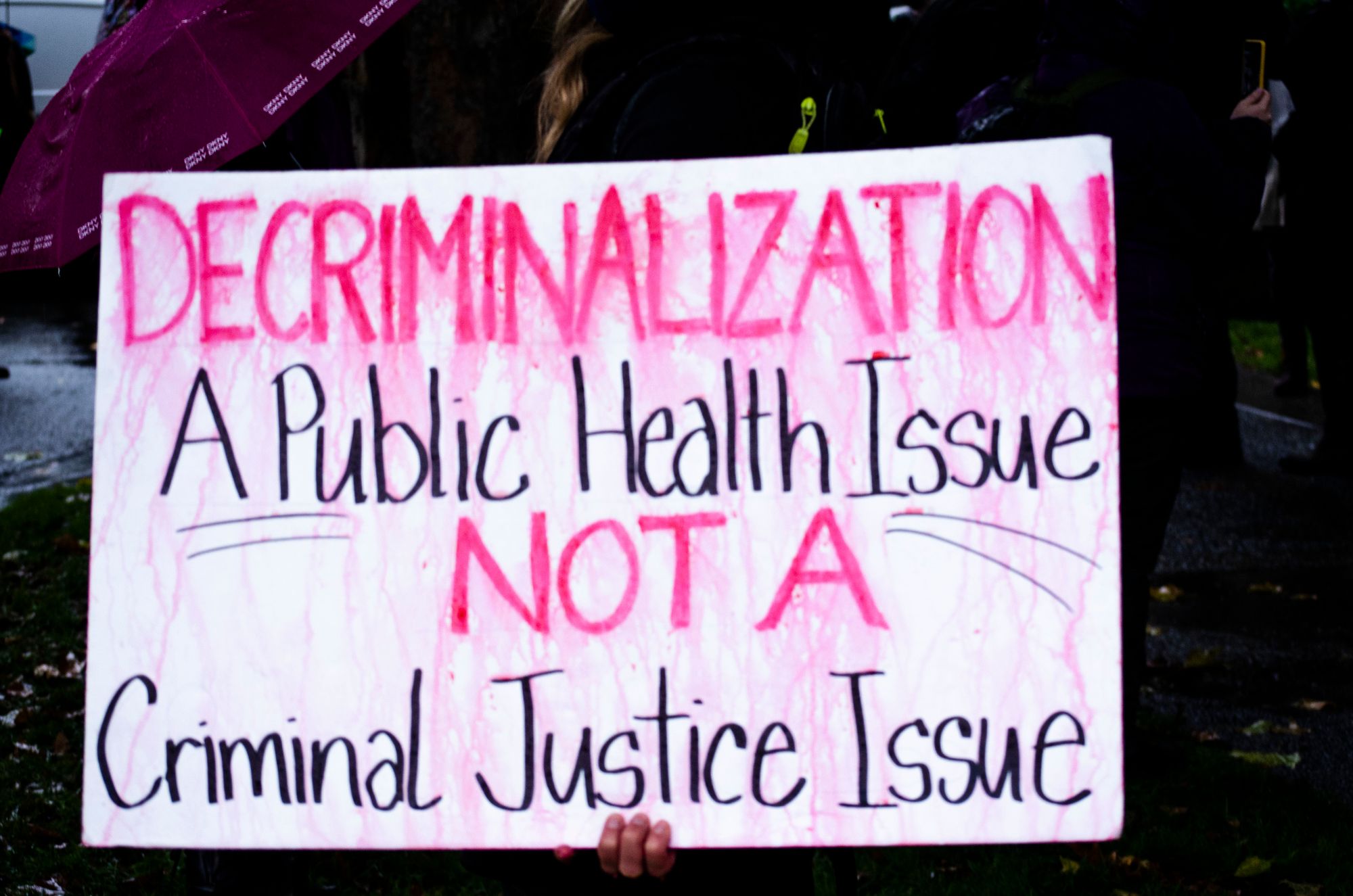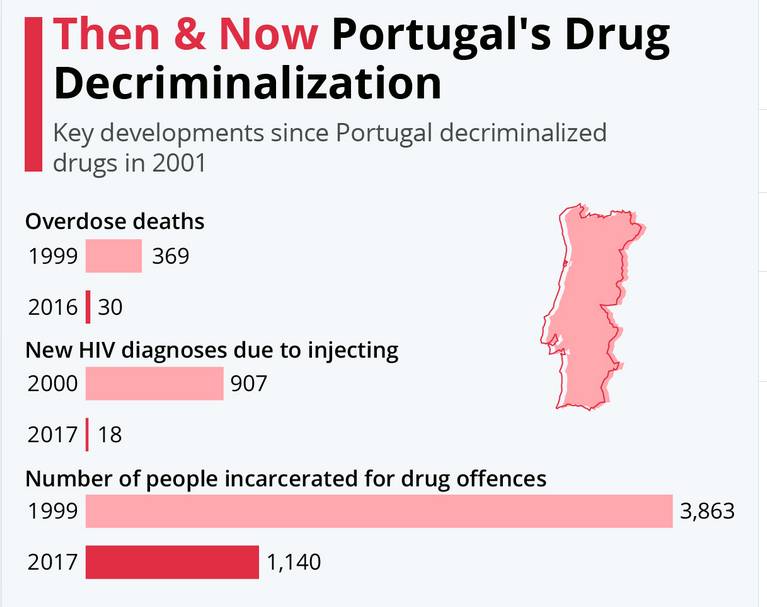Decriminalizing Drugs: A Path to a Healthier Society - Lessons from European Countries

Introduction
The issue of drug decriminalization has been a topic of debate and discussion for years. Many argue that the current approach to drug control and criminalization has led to negative consequences for both individuals and society as a whole. As the world grapples with the complex challenges of drug abuse and addiction, some European countries have taken a bold step by decriminalizing drugs. This article will explore the potential benefits of drug decriminalization in the UK, drawing insights from countries like the Netherlands, Germany, and Portugal, which have implemented progressive drug policies.
The Current Situation
The United Kingdom, like many countries, has historically approached drug use with a punitive mindset. Criminalizing drug possession and use has led to a significant burden on the criminal justice system, disproportionately affecting marginalized communities. Furthermore, studies have shown that criminalization often drives drug users away from seeking help due to fear of legal consequences.
Lessons from Other European Countries
- Portugal: In 2001, Portugal decriminalized the possession and use of all drugs, focusing on treating drug use as a health issue rather than a criminal one. Since then, Portugal has witnessed remarkable changes. According to a report by Transform Drug Policy Foundation, drug-related deaths in Portugal have decreased significantly, as has HIV transmission among drug users. Additionally, drug-related court cases and incarceration rates have dropped, allowing law enforcement to focus on more serious crimes.
- Netherlands: The Netherlands' approach to drug policy is exemplified by its famous tolerance towards cannabis use. While not a full decriminalization, the Dutch model demonstrates the potential benefits of a more lenient approach. The country's "coffee shops," where the sale and consumption of small amounts of cannabis are tolerated, have not led to the widespread negative consequences many opponents predicted.
- Germany: Germany has also taken steps towards a more compassionate drug policy. Possession of small amounts of cannabis for personal use has been decriminalized, and there is a growing push for broader drug decriminalization. German policymakers recognize that focusing on harm reduction and treatment is more effective in addressing drug-related issues.
The Benefits of Drug Decriminalization
- Reduced Burden on the Criminal Justice System: Drug decriminalization can free up resources in the legal system, allowing law enforcement to concentrate on more serious crimes and improving the efficiency of the justice system.
- Promotion of Public Health: Treating drug use as a health issue rather than a criminal offense encourages individuals to seek help without the fear of legal repercussions. This approach can lead to a decrease in drug-related deaths, infections, and other health risks.
- Less Stigma and Discrimination: Criminalization often exacerbates the social stigma faced by drug users. Decriminalization helps reduce societal prejudices, making it easier for individuals to reintegrate into society and access support services.
- Focus on Harm Reduction: Decriminalization provides an opportunity to implement harm reduction strategies, such as safe injection sites and needle exchange programs, which can help mitigate the negative consequences of drug use.

Conclusion
As the debate over drug decriminalization continues, it's essential to consider the successes of countries like Portugal, the Netherlands, and Germany. These nations have demonstrated that shifting the focus from criminalization to public health can yield positive outcomes for individuals and society at large. The United Kingdom could potentially benefit from adopting a similar approach, addressing drug use as a health issue while simultaneously reducing the burden on the criminal justice system. By learning from the experiences of these European countries, the UK has an opportunity to pave the way for a more compassionate and effective approach to drug policy.